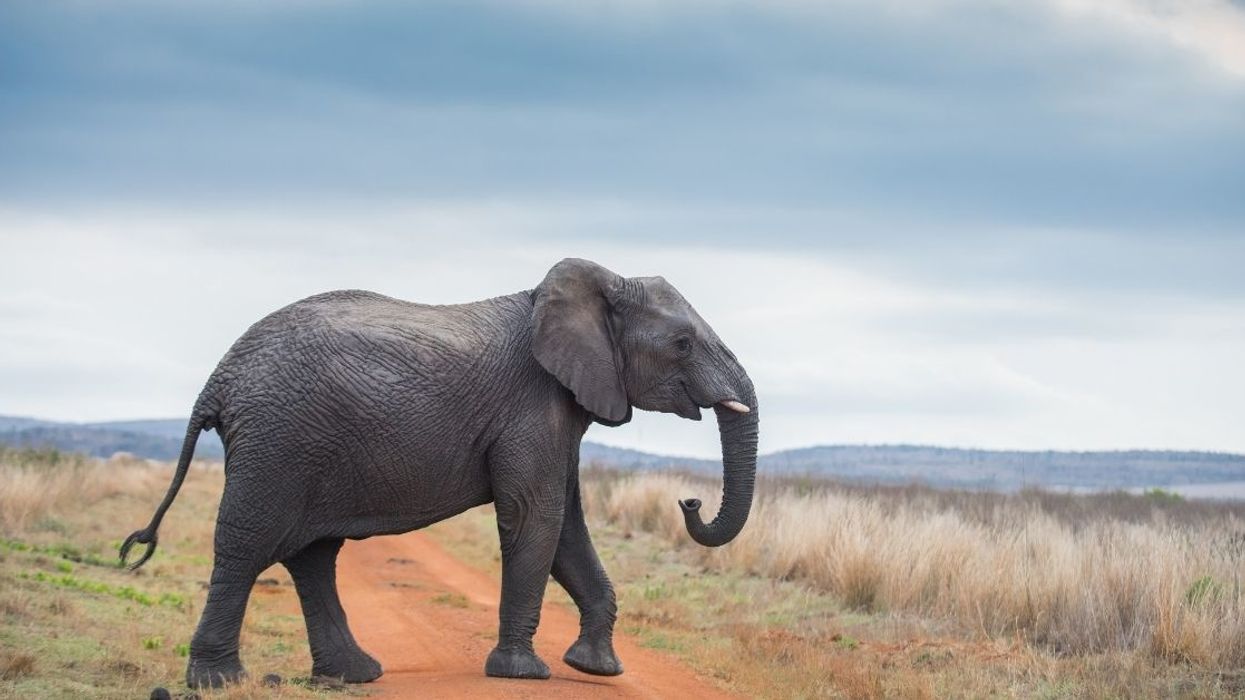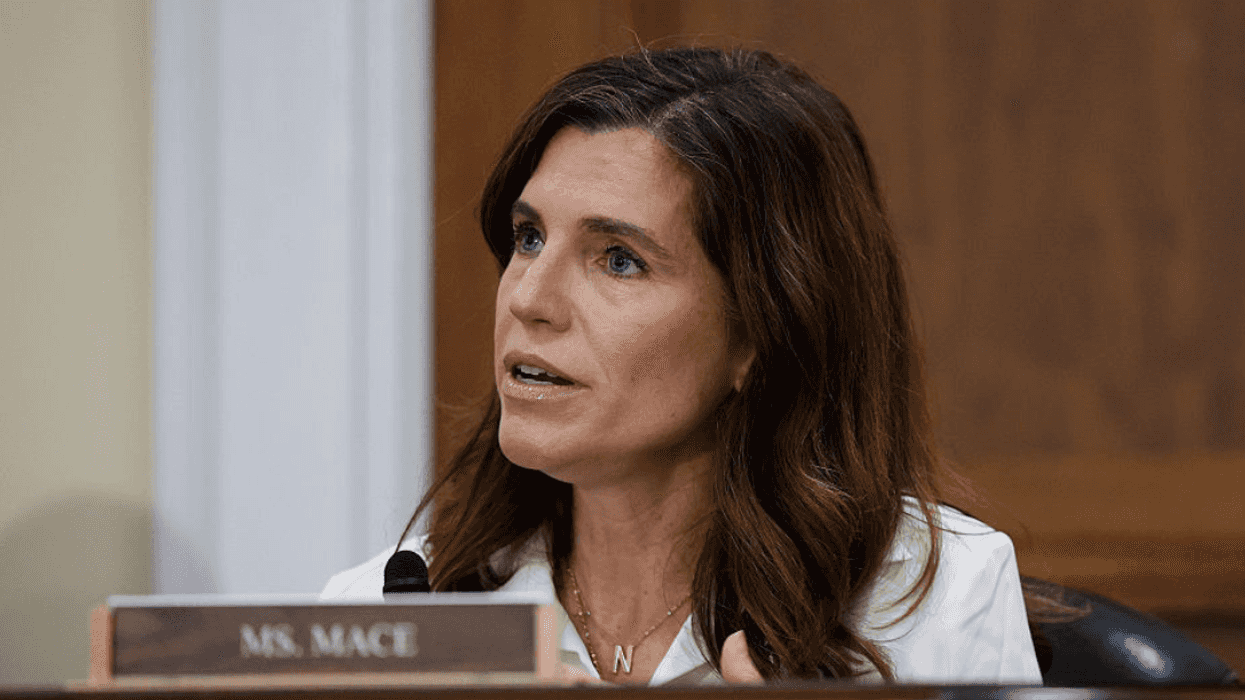Botswana has lifted a ban on elephant huntjng due to the animal's increase in population.
The Ministry of Environment, Natural Resources Conservation and Tourism refer to the animals as predatory and said the pachyderms' numbers "appear to have increased."
Conservationists and animal activists are outraged over the ban's reversal after a five-year suspension.
Paula Kahumbu, CEO of the Kenya-based WildlifeDirect called the decision, "horrific beyond imagination" in a tweet.
Pro Wildlife tweeted that the "bloody sport is #cruel, outdated, unethical and often undermining."
The southern African country's former president Ian Khama introduced the prohibition on elephant hunting in 2014.
The ban reversal is a result of the Botswana Democratic party (BDP) who have been persistent with their lobbying to overturn the ruling.
Impassioned people who are unaware of life in Botswana have echoed their frustrations for the sake of the animals.
But groups like the U.S.-based Safari Club International argued that hunting bans actually harm wildlife conservation.
SCI President Paul Babaz celebrated the "heartening" news and wrote in a statement:
"It is heartening to see that the government of Botswana has taken all aspects into its careful consideration of this matter. We salute the officials in Botswana for their wise decision."
"These findings clearly show that hunting bans actually hurt wildlife conservation; hunting is the key to providing the necessary revenue to fund anti-poaching efforts and on-the-ground conservation research."
SCI said that the government considered the following factors before announcing their decision:
- The number and high levels of human-animal conflict and the consequent impact on livelihood was increasing.
- Predators appear to have increased and were causing a lot of damage as they kill livestock in large numbers
- There is a negative impact of the hunting
suspension on livelihoods, particularly for community-based
organizations that were previously benefitting from consumptive
utilization
- The lack of capacity within the Department of Wildlife and National Parks leads to long response time to problem animal control reports
- The general consensus from those consulted was that the hunting ban should be lifted.
Experts theorized that overburdened national parks and the depletion of the elephants' natural habitat due to climate change have forced the animals to seek out food and water outside of their boundaries.
Parks and Wildlife Management Authority spokesman Tinashe Farawo told AFP that 200 people have died in "human-and-animal conflict" in the past five years, "and at least 7,000 hectares of crop have been destroyed by elephants."
The debate for the animals' well being took a turn when considering the loss of human life.
Botswana's newly elected president, Mokgweetsi Masisi reviewed the hunting ban in June.
His study group encouraged "regular but limited elephant culling," and the production of canned elephant meat for pet food. The group additionally called for Botswanna's government to expand the safari hunting industry, according to NPR.
According to The Guardian, the number of pachyderms has trippled over the last 30 years with the population increasing to more than 160,000.
Experts say that lifting the ban makes elephants more fearful and aggressive, adding further conflict with communities and farmers who struggle to keep elephants away from their fields.
On Thursday, the government of Botswana announced they would be granting less then 400 licenses annually and would strategically place "human wildlife conflict fences."















 Awkward Pena GIF by Luis Ricardo
Awkward Pena GIF by Luis Ricardo  Community Facebook GIF by Social Media Tools
Community Facebook GIF by Social Media Tools  Angry Good News GIF
Angry Good News GIF 
 Angry Cry Baby GIF by Maryanne Chisholm - MCArtist
Angry Cry Baby GIF by Maryanne Chisholm - MCArtist 
 @adriana.kms/TikTok
@adriana.kms/TikTok @mossmouse/TikTok
@mossmouse/TikTok @im.key05/TikTok
@im.key05/TikTok @biontrtwff101/TikTok
@biontrtwff101/TikTok @likebrifr/TikTok
@likebrifr/TikTok @itsashrashel/TikTok
@itsashrashel/TikTok @ur_not_natalie/TikTok
@ur_not_natalie/TikTok @rbaileyrobertson/TikTok
@rbaileyrobertson/TikTok @xo.promisenat20/TikTok
@xo.promisenat20/TikTok @weelittlelandonorris/TikTok
@weelittlelandonorris/TikTok @katiebullit/TikTok
@katiebullit/TikTok @rube59815/TikTok
@rube59815/TikTok
 u/Fit_Bowl_7313/Reddit
u/Fit_Bowl_7313/Reddit